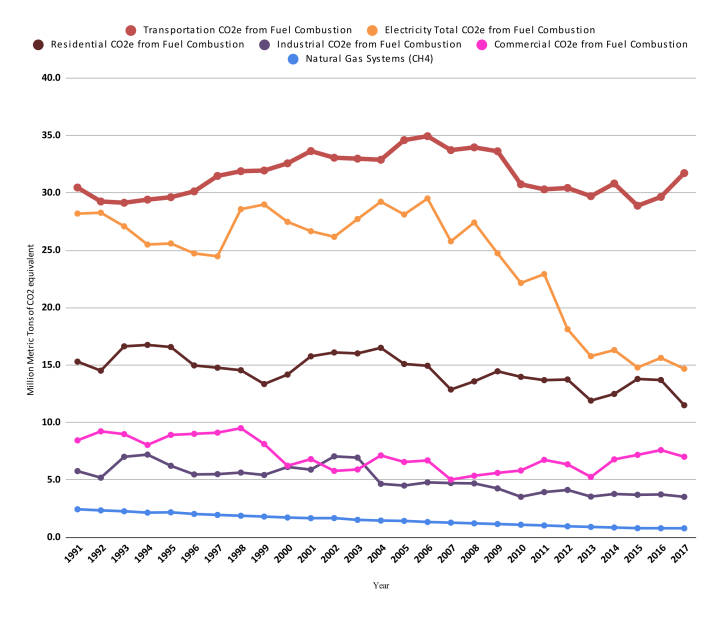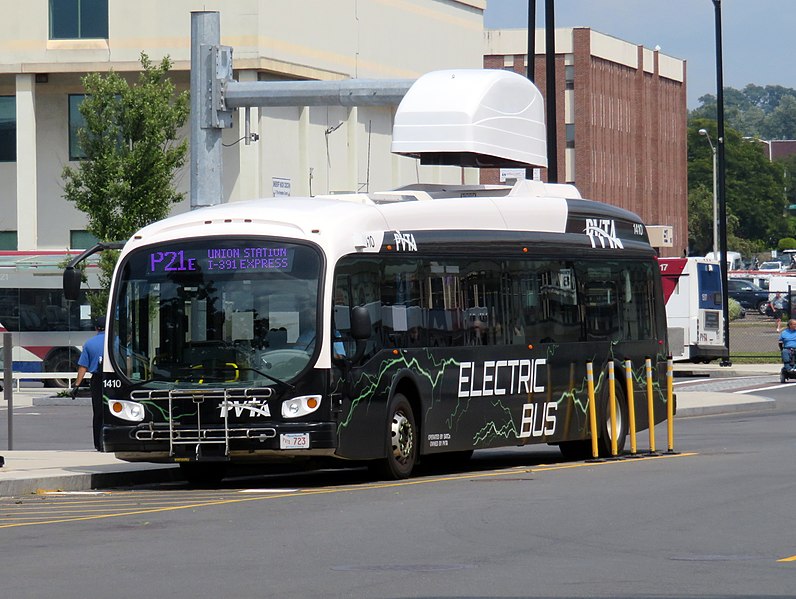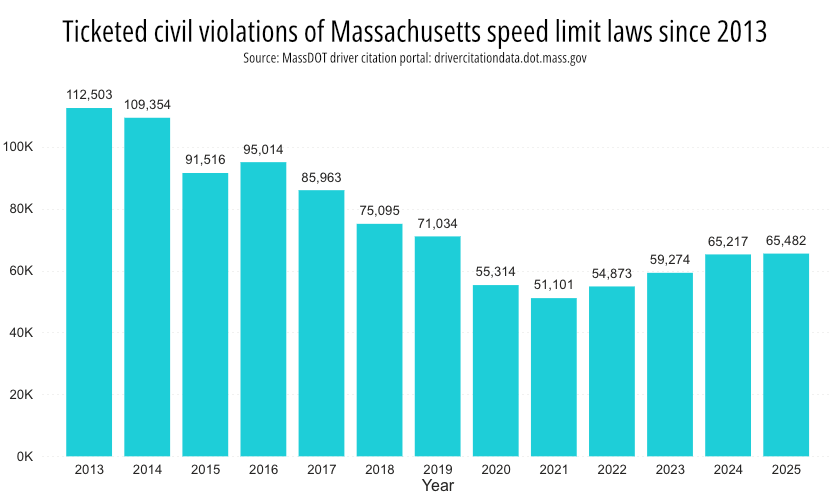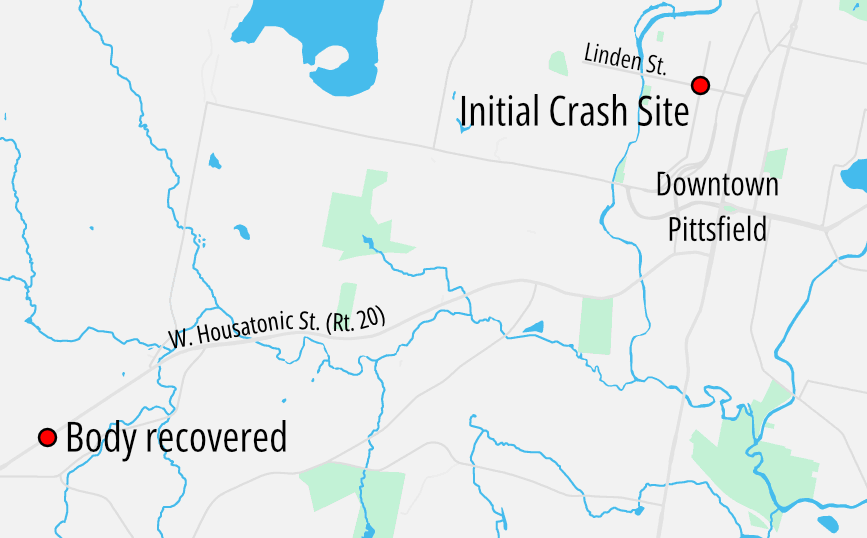After a day of debate, the Massachusetts Senate voted overwhelmingly on a wide-ranging climate policy bill that establishes new investments in wind and solar power, higher subsidies for buyers of electric cars, and new requirements for the state's transit agencies to electrify their fleets.
The Senate passed S. 2819 in a 37-3 vote on Thursday evening (the Senate's three Republicans were the only opponents). It now needs to be reconciled with a less ambitious climate bill that was mostly focused on offshore wind power and passed in the House earlier this year.
The Senate's legislation, titled "An Act driving climate policy forward," is, true to its name, mostly focused on driving.

While the state's electric power sector has made major strides in cleaning up over the past decade, there's been little progress made to date on reducing pollution from the state's biggest source of climate pollution – the tailpipes of cars and trucks.
Instead of attempting to reduce traffic with better transit services, the newly-passed Senate bill would allocate $100 million to increase the state's subsidies for electric cars. The legislation would boost existing electric car subsidies to $3,500 (an amendment passed during Thursday's debate would increase the rebate to $5,000 for qualified low-income buyers), plus an extra $1,000 if you trade in a gasoline-burning vehicle.
There are currently just 51,431 electric passenger cars registered in Massachusetts, according to the Boston Globe, while the state's goals call for 300,000 electric cars on the road by 2025.
At $3,500 per car, the $100 million in subsidies appropriated in the Senate bill will only be enough to subsidize about 28,000 additional electric cars.
The bill would allocate another $100 million on the state's Clean Energy Investment Fund, an economic development program intended to support research and development and job training in the clean energy sector, and $50 million for the state's Charging Infrastructure Deployment Fund to make it easier for drivers to top off electric car batteries.
The Senate bill would not allocate any new funding to help the state's beleaguered transit agencies, but it would impose new mandates for those agencies to switch to electric buses and trains.
The bill would require that the MBTA will only purchase electric buses after January 1, 2028, and that the T would run an all-electric bus fleet by 2040.
A successful amendment from Sen. Brendan Crighton of Lynn would also require the T to "develop and implement" plans and timelines to electrify its commuter rail network, in line with the T's 2019 Rail Vision recommendations.
That amendment, which passed by a wide margin, also specifies that the T include in its short-term plans "immediate action items to run electric locomotive service along the Providence/Stoughton line, the Fairmont line and the line from the cities of Boston to Everett to Chelsea to Revere to Lynn to Salem to Beverly."
"The plan shall include target completion dates, a conceptual work plan and a schedule outlining the work to be pursued in 2022 and 2023," according to the text of Sen. Crighton's amendment. "The authority shall include in any capital plan approved after the effective date of this act purchases necessary to begin the transition to electric service on the aforementioned rail lines and no agreement to purchase commuter rail trains shall be diesel locomotives after December 31, 2030."
The T has argued that it can't commit to major construction projects to electrify its rail lines without a funding commitment from the state legislature. In a statement provided to StreetsblogMASS, Sen. Crighton responded that the T's latest 5-year capital investment plan proposal already includes hundreds of millions of dollars in proposed spending for the diesel-powered commuter rail system.
"Transitioning to electric trains through a phased approach only requires the MBTA to apply the money already allocated for purchasing new diesel locomotives to electric locomotives instead. It is an investment in better technology, not a new expenditure," wrote Sen. Crighton.
Sen. Sonia Chang-Diaz of Boston, who is also running for Governor, proposed several other amendments that would have funded better transit – including a proposal to allocate $100 million to expand fare-free transit services, and another $100 million fund to finance electric buses and bus facilities – but the Senate rejected those proposals during Thursday's debate.
The Senate bill's focus on electric car subsidies comes in the wake of increasing scrutiny for existing electric car rebate programs.
Last Sunday, the Boston Globe published a major report on how electric car sales are lagging far behind the state's goals, which call for 300,000 electric cars on the road by 2025.
As StreetsblogMASS has previously reported, current electric vehicle subsidies overwhelmingly benefit wealthier households, many of whom live in suburbs that already enjoy good access to public transit. Newly-released research also suggests that many of those buyers only use their battery-powered cars as secondary vehicles, and continue to use gasoline for everyday trips while their battery-powered cars sit in a garage.






